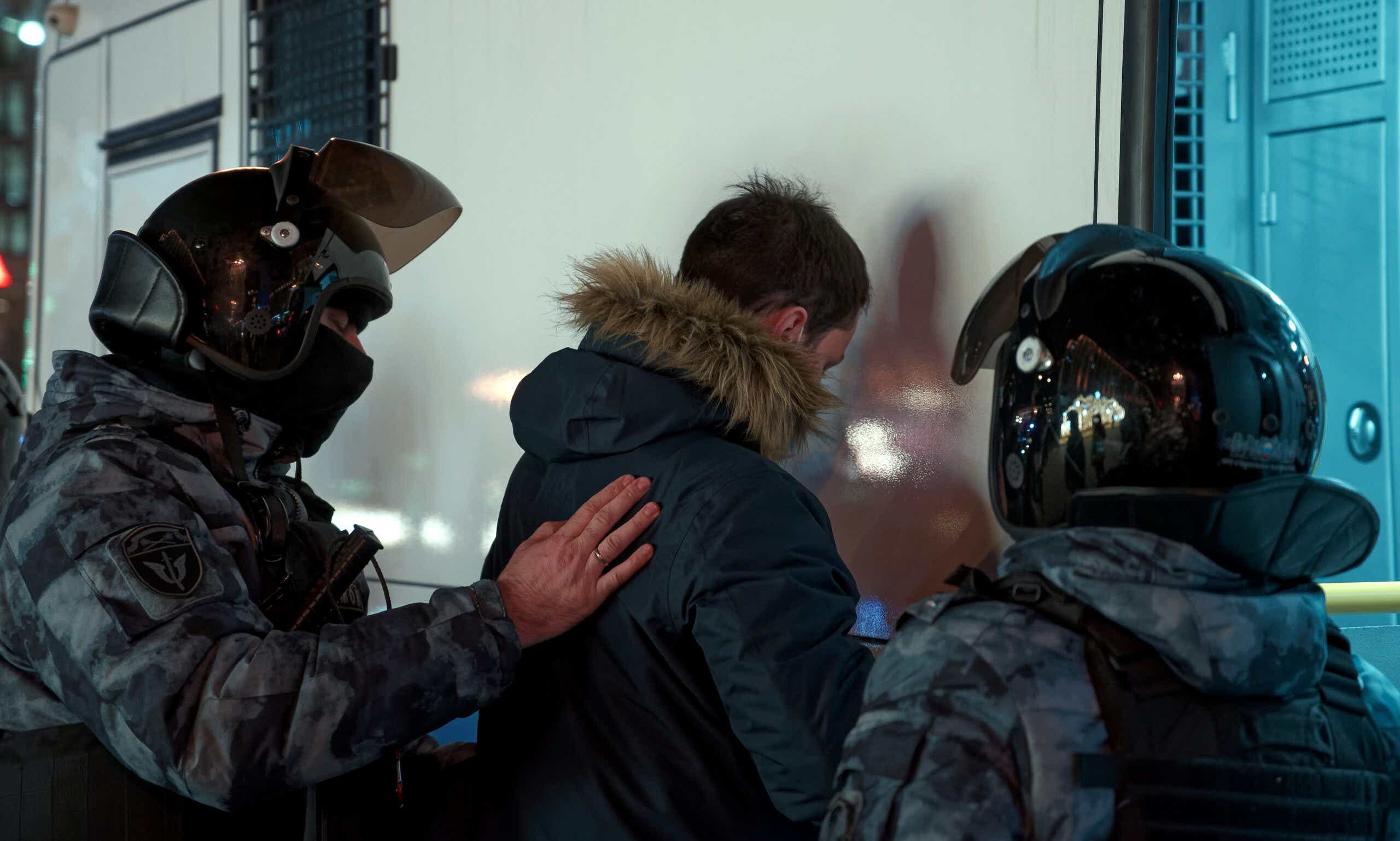Katie spoke to Natalya Lunde, VP of the Free Russia Foundation, about how the conflict is impacting civilians.
For many Russians who oppose the war with Ukraine, the choice is between evacuating and living in a foreign country without basic necessities or staying put and risking actual prison or living under Putin’s prison-like regime.
Katie spoke to Natalya Lunde, Vice President of the Free Russia Foundation, about how the conflict is impacting Russian civilians.
Why are so many Russians fleeing?
“Since the start of war in Ukraine on February 24th, hundreds of thousands of Russians have left,” says Lunde.
“For the most part, they’re Russians that do not support Putin’s regime, and they are leaving because they’re afraid for their life. They’re leaving because in preparation for the invasion of Ukraine, the Kremlin intensified its repression of civil society. A number of new laws have been introduced further limiting acts of civil expression like protesting, even banning the word ‘war’ in the media.”
Why have people been holding up blank signs at protests?
There’s a major threat of arrest in Russia.
“Any act to or action that can be even interpreted as critical of Putin’s regime results in prosecution and arrest,” says Lunde.
“The number of political prisoners in Russia today exceeds 500 people — as high as during the last years of the Soviet Union. Since the start of the war in Ukraine, tens of thousands, hundreds of thousands of Russians have gone out to protest despite these arrests, police brutality and possibly criminal prosecution. According to the latest data, about 15,000 Russians have been arrested as a result of their protest against the war.”
What changes to the law in Russia have allowed these arrests?
“During the first week or so of the war, a number of new laws were passed by the Russian government that effectively precluded the remaining independent media from telling the truth,” says Lunde.
“At the same time, the Russian censorship agency liquidated a number of independent Russian media outlets. Since the start of the war with Ukraine, we’ve seen a complete annihilation of the independent media that remained after 20 years of gradual suppression of independent journalism.
So where are Russians getting their news?
“Russian people still can get access to social media such as YouTube, but Instagram is rumored to have been blocked. So has Facebook. Russians go to messengers, such as signal WhatsApp, telegram, and join information groups there to get their news. Lots of public services from abroad have shared instructions on how to install a VPN to your mobile devices or to your laptops that will help go around the domestic blocks.”
For more critical insight from Lunde — plus what the Russian people need from the West right now, watch the full video.








